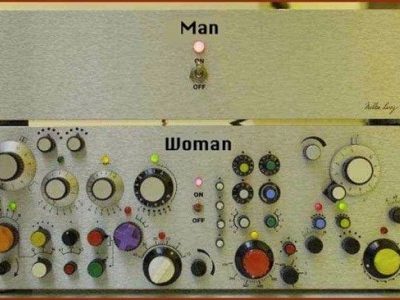
The growing clamour to address gender inequality on boards misses the point. Here’s why:
Bear Gryll’s Island adventure for wannabe castaways was an occasionally entertaining, if flawed experiment, enabling us to compare how men and women endure starvation, dehydration and extreme discomfort. Extreme in the context of the comfortable lives we live in the 1st world, that is.
Amusingly, when the going got really tough at the start, the men turned to threats of violence whilst the women resorted to decorating and cleaning the camp. Neither particularly constructive when you don’t know where your next sip of water is coming from. But inadvertently giving a lot of credence to some of the gender stereotypes that society is wrestling with at the moment.
Now, here’s the important bit: not all the men argued and not all the women cleaned.
And what that tells me loud and clear is that each one of us is not simply Male or Female – Mars or Venus – we are a complex and perhaps dynamic amalgam of both. And that fits with my observation that some men have very well-developed female aspects and vice versa. In fact, in terms of behaviour, there are plenty of examples of women being more male than some men. I shan’t be providing any examples…
So what’s this got to do with gender equality at board level?
Let me explain:
What our boardrooms need is a balance of female and male in terms of behaviour and approach. What we don’t need are mono-polar, alpha-male boards that resort to one-dimensional behaviour under stress. And, if there were any, we wouldn’t need the female equivalent.
My point is that, to achieve this balance, it isn’t just a case of getting more women on boards. It’s a case of enabling boards to adopt the full spectrum of positive male-female behaviour, independently of composition.
Unfortunately, having a 50:50 male-female split, however desirable from the point of view of equal opportunities, does not, of itself, guarantee optimal board behaviour. And the danger of ticking the quota box is that it can easily distract from other dysfunctions.
So let’s build better balanced boards, but let’s do it by bringing in more women and by developing every director – woman and man – to access the whole spectrum of positive behaviour, whatever the stereotype.
Tags: boardroom quotas, equal opportunities, gender